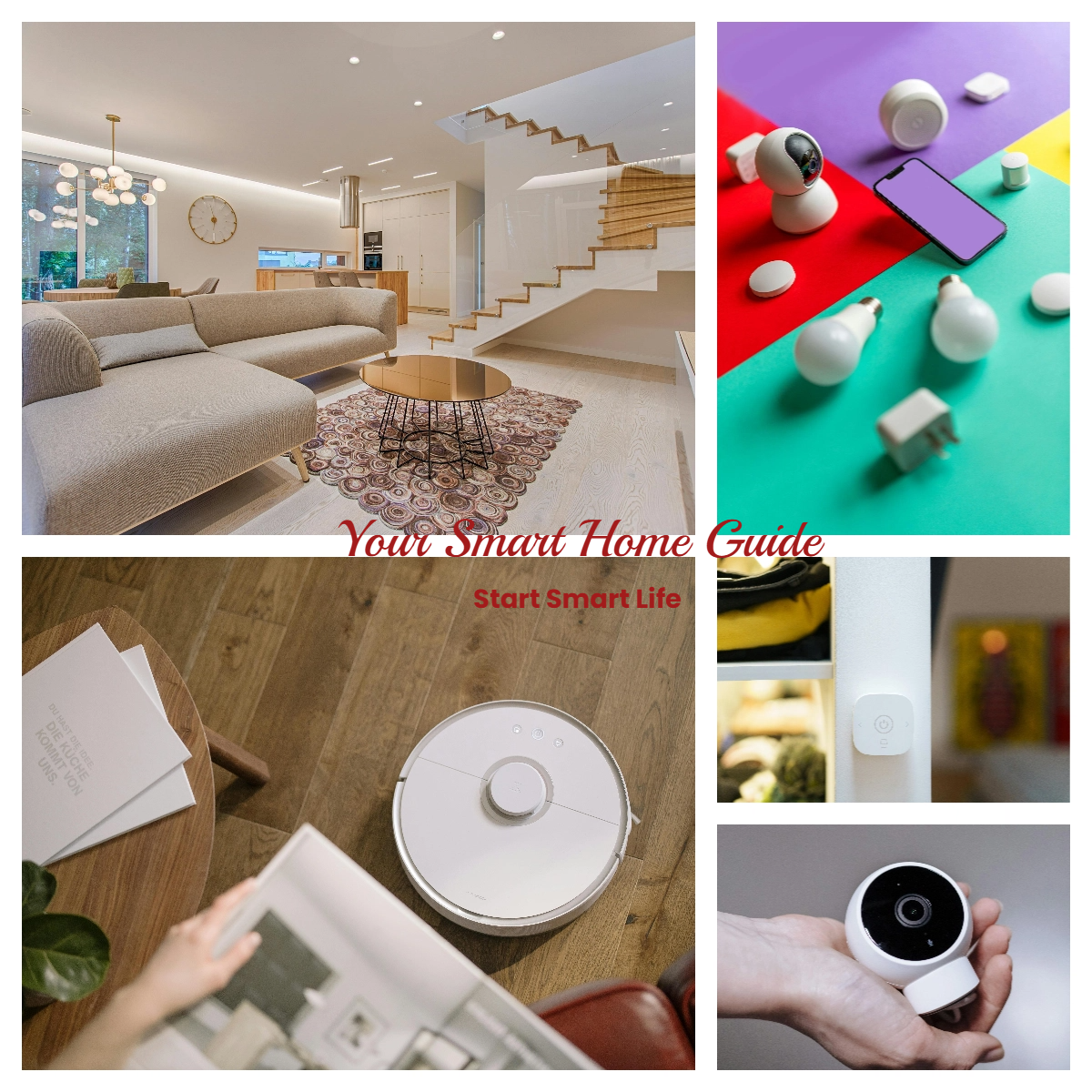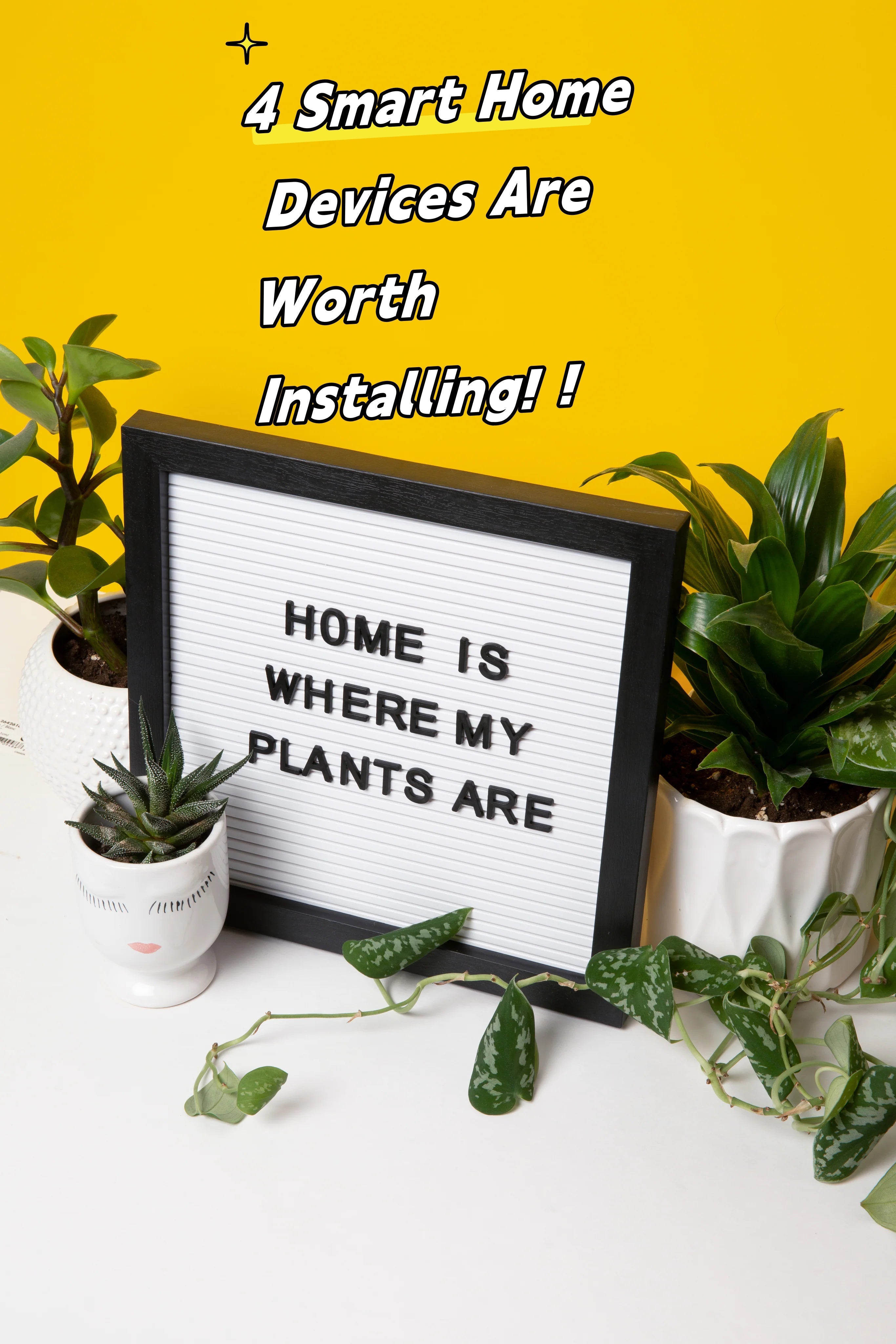- Clarify Your Priority Needs: First, you need to sort out your core requirements for smart home products. If home security is a priority, you should give preference to security devices such as smart door locks and cameras; if you want to improve daily convenience, basic control devices like smart switches and smart speakers may be more important. For users new to smart homes, it is recommended to start with a single room or a specific function—for example, set up a smart lighting system first, then expand gradually.First,you need to know the requirement of the smart home by yourself.
- When considering compatibility and scalability for smart home products: Given the wide variety of smart home devices available, products from different brands may adopt different technical protocols such as Zigbee, Wi-Fi, and Bluetooth. To ensure seamless connectivity and interoperability between devices, it is advisable to select products that support the same protocol or can be managed through a unified gateway. Additionally, the scalability of the products should be taken into account to facilitate the addition of new devices based on future needs.
- Set a Reasonable Budget: Smart home products span a wide price range, so you should set a budget based on your financial capacity. Generally, it is recommended that 70% of the total cost be allocated to core devices such as gateways, sensors, and smart switches; 20% to upgrade-type devices like smart curtain motors and electric laundry racks; and the remaining 10% be kept as reserve funds.
- Focus on Brand and Quality: Products from well-known brands usually offer more guarantees in terms of quality, after-sales service, and technical support. You can learn about a brand’s reputation and product quality by checking user reviews, professional evaluations, and other sources. Additionally, attention should be paid to product safety: for example, smart door locks should be equipped with security configurations such as Grade C lock cylinders, and smart devices should have robust encryption measures to protect personal information security.
- Consider Ease of Use: Choose smart home products that are simple to operate and have a user-friendly interface, as this will lower the barrier to use and enhance convenience. For instance, smart speakers should have high speech recognition accuracy, and the mobile apps for smart home appliances should be concise and easy to understand.
- Focus on Energy Efficiency and Environmental Friendliness: With the growing awareness of environmental protection, energy-efficient and eco-friendly products are gaining increasing popularity. Some smart devices such as smart light bulbs and smart sockets come with energy-saving functions, which can help users reduce electricity costs. Additionally, choosing low-power wireless communication protocols like Zigbee also helps minimize the energy consumption of devices.
- Consider Installation and Maintenance Costs: The installation of some smart home products may require professional personnel, which will increase the installation cost to a certain extent. At the same time, you should also take into account the maintenance costs of the products, such as the service life of the devices and the difficulty of repair. For devices that are prone to malfunctions, such as robot vacuum cleaners, it is advisable to choose brands with good after-sales service to ensure timely repair and replacement when problems arise.
If you want to upgrade your old house or have idear to set up the smart devices or products, pls feel free to contact us : Marketing001@beesmart.hk
Welcome to browse our online shop:https://beesmartiot.com/




Leave a comment
This site is protected by hCaptcha and the hCaptcha Privacy Policy and Terms of Service apply.